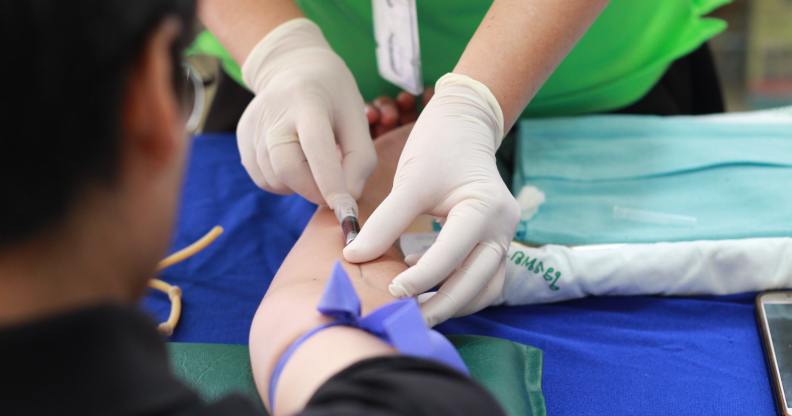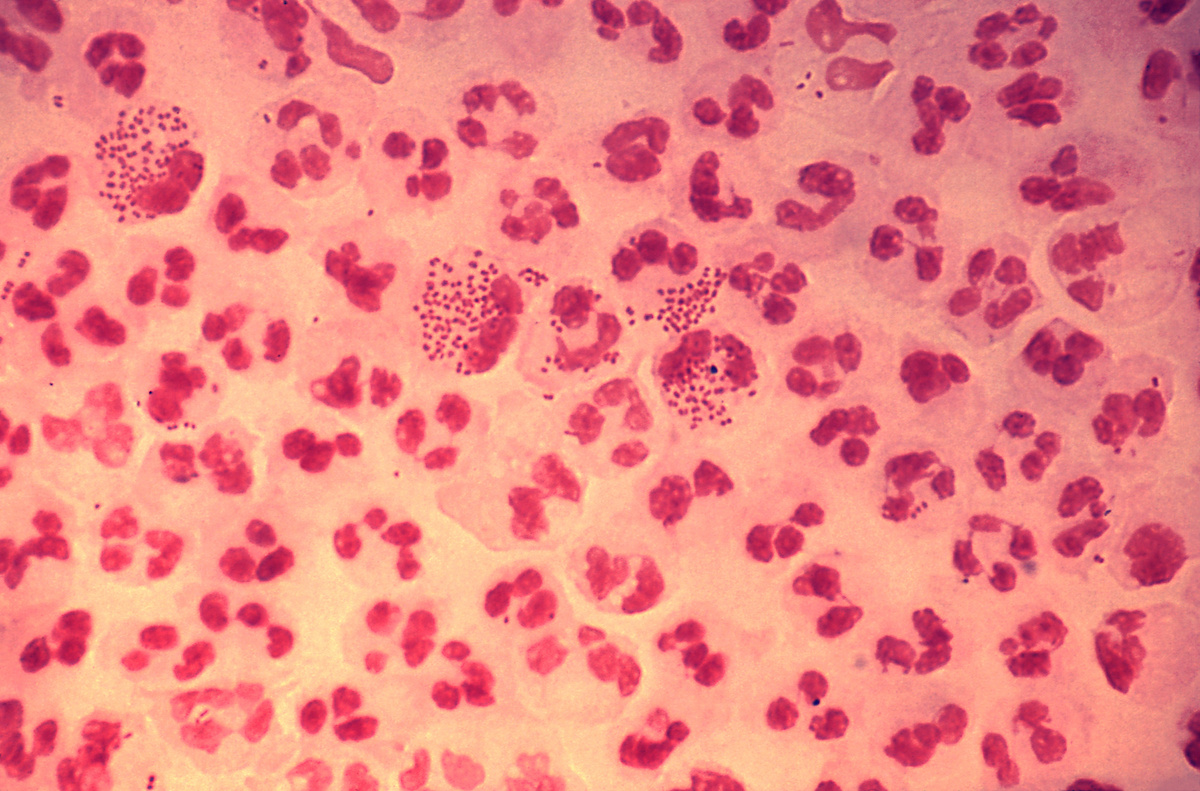Gay men most at risk as cases of syphilis skyrocket

Pexels
There has been a huge increase in syphilis cases in Europe over the last decade, and men who have sex with men (MSM) are the most at risk, a new report has said.
The report by the European Centre for Disease Prevention and Control collected data from all 28 European Union member states, plus Iceland and Norway.
According to the report, cases of the sexually transmitted disease have increased by 70 percent since 2010, and two thirds of those cases with reported transmission categories were MSM.
The percentage of cases diagnosed in gay men varied greatly from country to country, however, with 25 percent or less in Hungary, Latvia, Romania and Slovakia and more than 75 percent in France, the Netherlands, Norway, Sweden and the United Kingdom.
The increase is thought to be related to risky sexual behaviour and unprotected sex because of a reduced fear of contracting HIV.
Andrew Amato-Gauci, head of the ECDC programme on HIV, STI and viral hepatitis, said: “There is a clear relationship between sexual risk behaviour and the risk of syphilis and other sexually transmitted diseases.
“The increases in syphilis infections that we see across Europe, as well as other countries around the world, are a result of several factors such as people having sex without condoms and multiple sexual partners combined with a reduced fear of acquiring HIV.”

Cases of gonorrhoea have also dramatically increased among men who have sex with men.
Syphilis puts those that have it at greater risk of getting HIV
Syphilis actually puts those that have it at greater risk of getting HIV, and of the MSM syphilis cases with known HIV status, 39 percent were HIV-positive.
Recommendations in the report include enhanced screening of at risk populations, particularly MSM, and better education.
The use of social media in spreading awareness of the disease was also recommended, and the report stated that these platforms “appear to be an effective way to reach adolescents, young adults and MSM in order to improve knowledge on and increase testing syphilis.”
“To reverse this trend, we need to encourage people to use condoms consistently with new and casual partners,” Amato-Gauci said.
“Regular tests for syphilis and other sexually transmitted infections should also be part of the parcel, especially if there has been a risk of infection.”
Cases of gonorrhoea and chlamydia have also increased for MSM over the last five years, up by 41 percent and 61 percent respectively.

